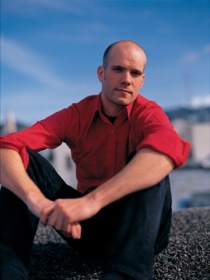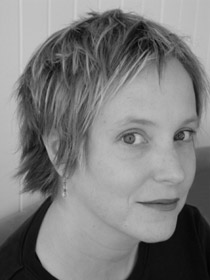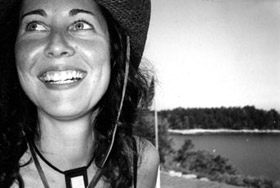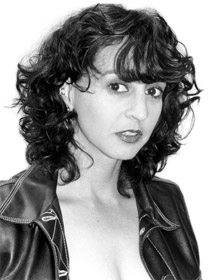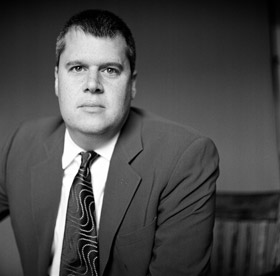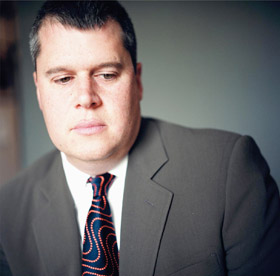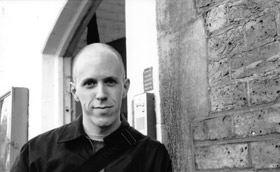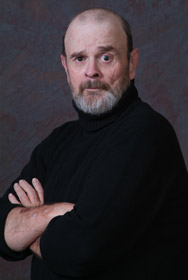Writer Ianthe Brautigan talks about applying fiction-writing techniques to memoir, the power of cookies, and rising up to contribute your best.
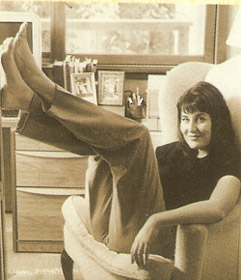
Photo credit: Nancy Bellen.
I was actually a Theater Arts major, and I was going to the Junior College, and I fell in love with my English 1A class and ended up writing nonfiction essays. At that point I realized that I was going to be torn between the two worlds, and I decided to choose writing. I still went to New York and worked for Roundabout Theatre and was in the theater world and toyed with that for a little while. And then I came back to Sonoma County and really started writing in earnest and did all the things that writers do — I took creative writing courses and did workshops and worked with Robin Beeman, who’s in the county and is absolutely phenomenal. I got my undergrad in English Literature at Sonoma State, which was the best thing I could have ever done…. You need to read a lot of stuff and get an idea of what’s going on. Then I got my MFA at San Francisco State University, and I don’t recommend that for everybody.
Going back to my memoir, God, I had started that in the form of poetry right after my dad died. And I’m a terrible poet. But I wrote a prose poem and Don Emblen read it and he said, “You’re onto it — this is what you should be doing; stay away from that poetry stuff.” [laughter] And I began writing about my dad. And as you might imagine, it took a long time.
Was the transition from short stories to poetry to memoir writing difficult, or did you feel like you were finding your natural genre?
I think it’s important to try all sorts of stuff. I love writing short stories. I’ve written a novella. I think that in memoir and nonfiction writing, you’re using the craft of fiction writing. In fact, a lot of what makes, I think, a good memoir is that it has a lot of fictive elements, except it’s based on truth.
Can you elaborate on that — how fiction-writing techniques can play a role in memoir writing?
Well, you just are set free. Because you’ve been writing short stories and working in fiction-land, maybe starting novels that you discard, you develop your muscles for description and for structure.
How much of the way you approach structure and description in memoir writing is driven by the linear flow of events versus stepping back and applying a frame to life?
Well it has to be truthful. Memoir has to be truthful. Like, [if] you were speaking about your father and the way that he taught you to jog, that’s a memory that’s very clear in your head. And you know that that’s truth. If you just wrote that down, in three sentences it would be done. But if you wanted to write about that as a chapter of a book or as a turning point in your life, it would be longer, and you would reach into the tools that you’ve learned as a fiction writer to make that scene work.
You would start to go, where was I? What was there? Were there trees? Was there grass? What kind of tennis shoes was I wearing? All those details, which are real, evoke incredible memory for you as the writer, so you’re able to get the soul, you’re able to get at the heart of what you’re trying to write. But at the same time you’re painting a fictive picture.
Continue reading →
 For people who haven’t read your book yet, can you share one or two of its key themes?
For people who haven’t read your book yet, can you share one or two of its key themes?. I first published it on the blog under the title How to Be Creative. And it wasn’t really an instruction manual — I wasn’t telling people what to do. I was talking about the landmines I hoped they wouldn’t step on because landmines are expensive to step on.
